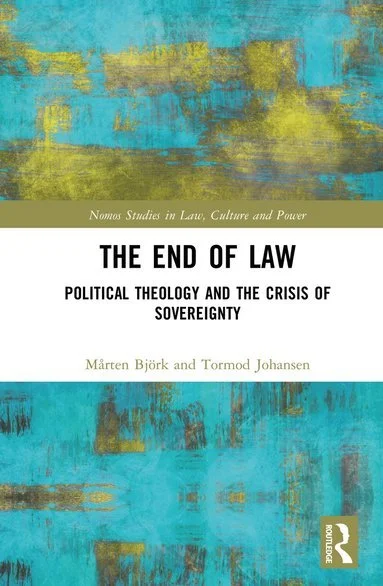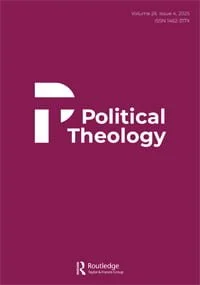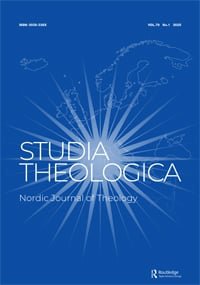Leila Brännström and Tormod Johansen talk to Bas Schotel about his texts “Immediacy, Potentia and Constraining Emergency Powers” and “Administrative Law as a Dual State, Authoritarian Elements of Administrative Law”.
Julia Dahlqvist and Tormod Johansen talked with Cosmin Cercel about his project “Rethinking emergency from a legal historical perspective”.
A lecture by Jeff Love on Alexandre Kojéve.
Tormod Johansen and Jayne Svenungsson talked with Alison McQueen about her book 2018 book Political Realism in Apocalyptic Times.
Tormod Johansen, together with Przemysław Tacik, talked to Karin Loevy about her 2016 book Emergency Powers in Public Law: The Legal Politics of Containment.
«For Christ is the end of the law for righteousness to everyone that believeth.»
– Romans 10:4
The research project “End of law” conducts an interdisciplinary study of the secularisation of the eschatological idea in the New Testament of an end to or fulfilment of law. The development of modern thought shows that the idea that law could end has not only been central to important strands of theological thought. This apocalyptic view of law as something finite or something that can be perfected has also become secularized in modern political visions, such as anarchist, conservative, Marxist, and neoliberal thought, through the hope for an end, radical limitation or change of law.
Yet, the question of the end of law is a curious blind spot in legal and theological thought; a sort of taboo functioning as a repressed other to jurisprudence and religion. By inquiring into the secularization of the end of law, our project probes the historical development of the idea of the end or perfection of law and what it implies. There are at least three different sides: end as goal, what the law seeks to achieve; end as finitude and limit, which finite community or state the law belongs to; and the eclipse or conclusion of law, for how long it will last.
The project addresses the lack of discussions of the end of law in religious studies, legal scholarship and political theology. The aim is to dissolve the blind spots of jurisprudence and theology by articulating tacit assumptions.
The project was financed by the Swedish Research Council for the period 2020-2024 and hosted by the Centre for Theology and Religious studies at Lund University.
It was also a part of the research programme At the End of the World, in which the work now continues.














